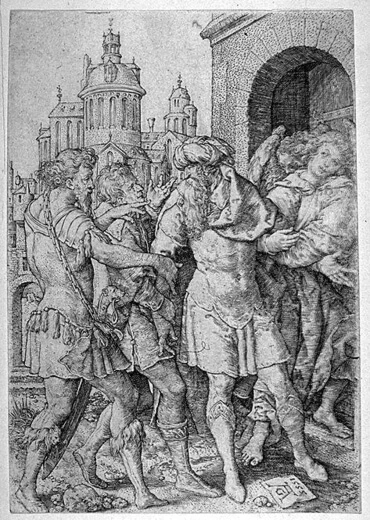81. THE INTERNAL SENSE
The subject in this chapter is the celestial man; in the previous chapter it was the spiritual man who progressed to being spiritual from having been a dead man. But since people nowadays do not know what the celestial man is, and scarcely know what the spiritual man is or what the dead man is, let the nature of each one be presented briefly, in order that it may be known how they differ.
First. The dead man acknowledges no other truth or good than that belonging to the body and the world. This he also worships. The spiritual man acknowledges spiritual and celestial truth and good. But he does so not so much from love as from faith, which is also the basis of his actions. The celestial man believes and perceives spiritual and celestial truth and good, and does not acknowledge any other faith than that which stems from love, which is also the basis of his actions.
Second. The dead man has solely the life of the body and of the world as his ends in view. He does not know what eternal life is, or what the Lord is. Or if he does know, he does not believe. The spiritual man has eternal life, and therefore the Lord, as his ends in view. The celestial man has the Lord and therefore His kingdom and eternal life as his ends in view.
Third. The dead man when involved in conflict nearly always gives in. And when there is no conflict evils and falsities reign supreme within him, making him their slave. His bonds are external ones, such as fear of the law, loss of life, wealth, profits, and reputation on account of these. The spiritual man is involved in conflict, but he always conquers. The bonds which restrain him are internal, and are called the bonds of conscience. The celestial man is not involved in conflict. If evils and falsities assail him, he treats them with contempt, and is therefore called a conqueror. No visible bonds restrict him, for he is a free man. His bonds, which are not visible, are perceptions of good and truth.







